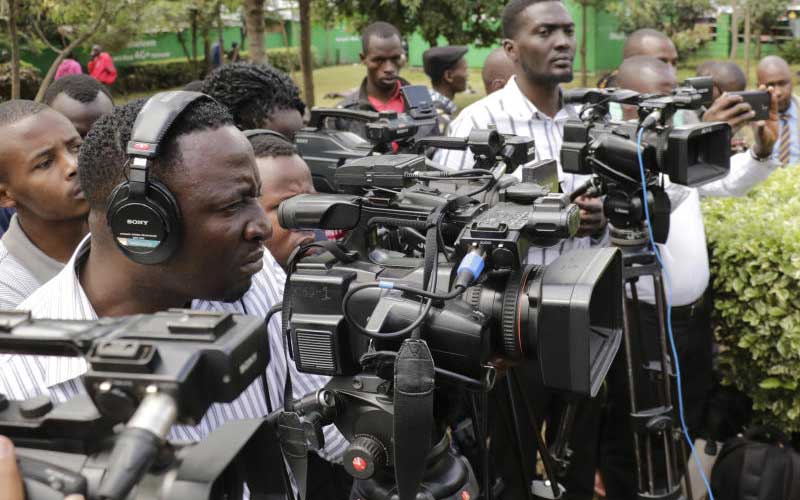×
The Standard e-Paper
Smart Minds Choose Us

Former President Daniel arap Moi was not a riddle because if he were, no one would write newsworthy stories about him. I strongly believe he was an African proverb. African proverbs are not complete without a moral lesson or two.
There was this narrative that started back in his time and continues today about how, during his reign, everything in the media started with him, built its substance on him and ended with him.